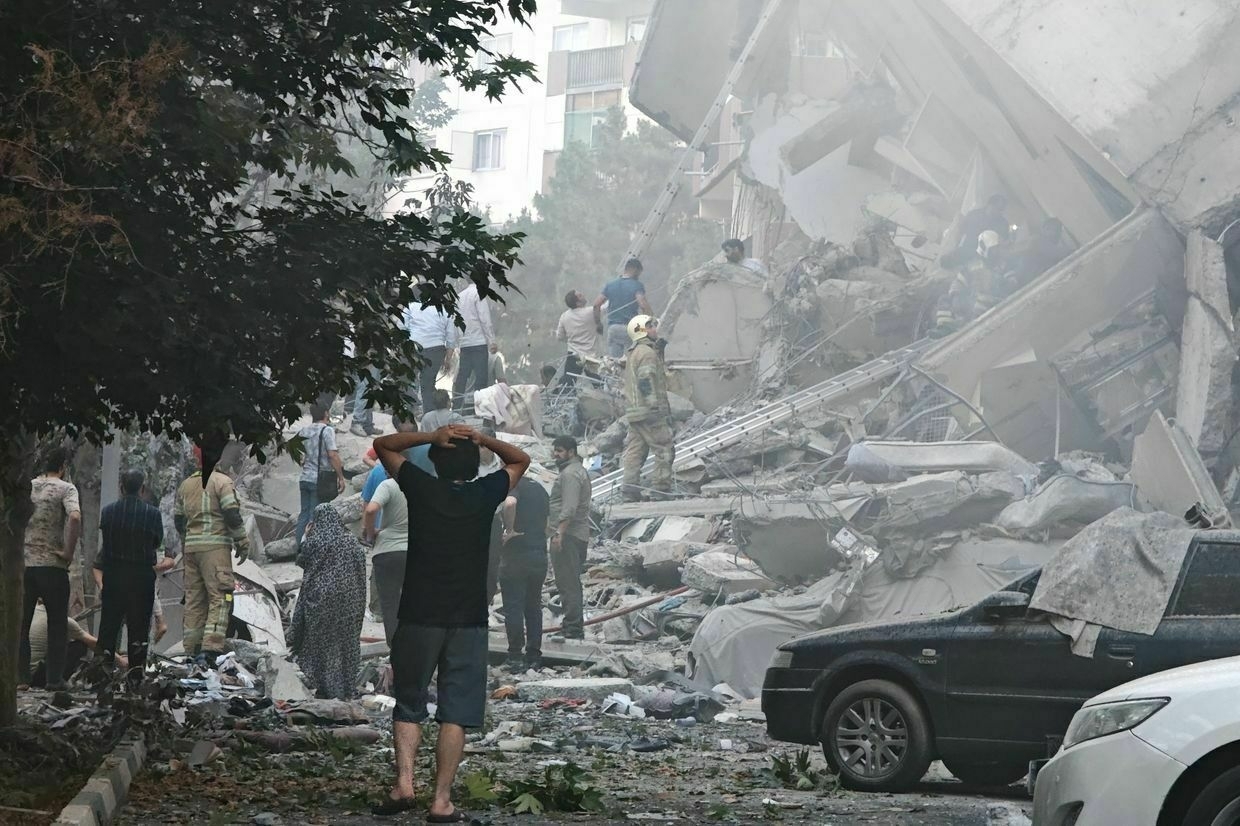
Israel’s “preemptive” strikes against Iran targeting the country’s nuclear program and killing top military officials could have far-reaching implications for Ukraine and could boost Russia’s ability to continue its full-scale invasion, experts have told the Kyiv Independent.
Iran has been one of Russia’s staunchest allies throughout the war, providing thousands of Shahed strike drones and short-range ballistic missiles.
Meanwhile, the U.S. has long been Israel’s strongest backer and any escalation of the conflict will likely cause further shifts in the White House’s geopolitical priorities.
“It will be more difficult for Ukraine to acquire weapons from the U.S. because Washington is expected to boost military aid to Israel,” Serhii Danylov, an expert at Ukraine’s Association of Middle East Studies, told the Kyiv Independent.
And this is just one of multiple factors that Israel’s attacks on Iran have already had, and which a wider war in the region would only likely exacerbate.
Oil prices and Russia’s economy
Israel’s attack on Iran could be a godsend for Russia’s ailing oil sector, which fell last month to its lowest price in over two years.
In anticipation of Iran’s retaliation, Brent crude prices, the global benchmark, jumped from $69.36 to $74.5 to $75 per barrel — levels not seen since February — with some oil forecasters warning prices could skyrocket to $80 per barrel.
It’s a jolt that’s shocked the oil sector, which has seen declining prices, particularly after Saudi Arabia spearheaded a production hike and U.S. President Donald Trump’s “Liberation Day” tariffs sparked fears of an economic slowdown.
For Russia, this could be the adrenaline shot needed to recover its anemic Ural crude prices, which have dropped 14% year-on-year from January to May, David Fyfe, chief economist at Argus Media, a market analyst group, told the Kyiv Independent.
Russia’s energy sector made up 35-40% of its budget revenues pre-full-scale invasion and is powering its war machine.
Western sanctions on Russian energy and the G7’s Russian oil price cap of $60 per barrel have hampered its profits, with Russia losing more than $150 billion over the last three years, but have yet to deal a crippling blow.
Until the Israeli attacks, the future wasn’t looking so bright for Russian crude. Europe is planning its 18th sanctions package hitting Russia’s energy sector, and the G7 is pushing for a $45 price cap.
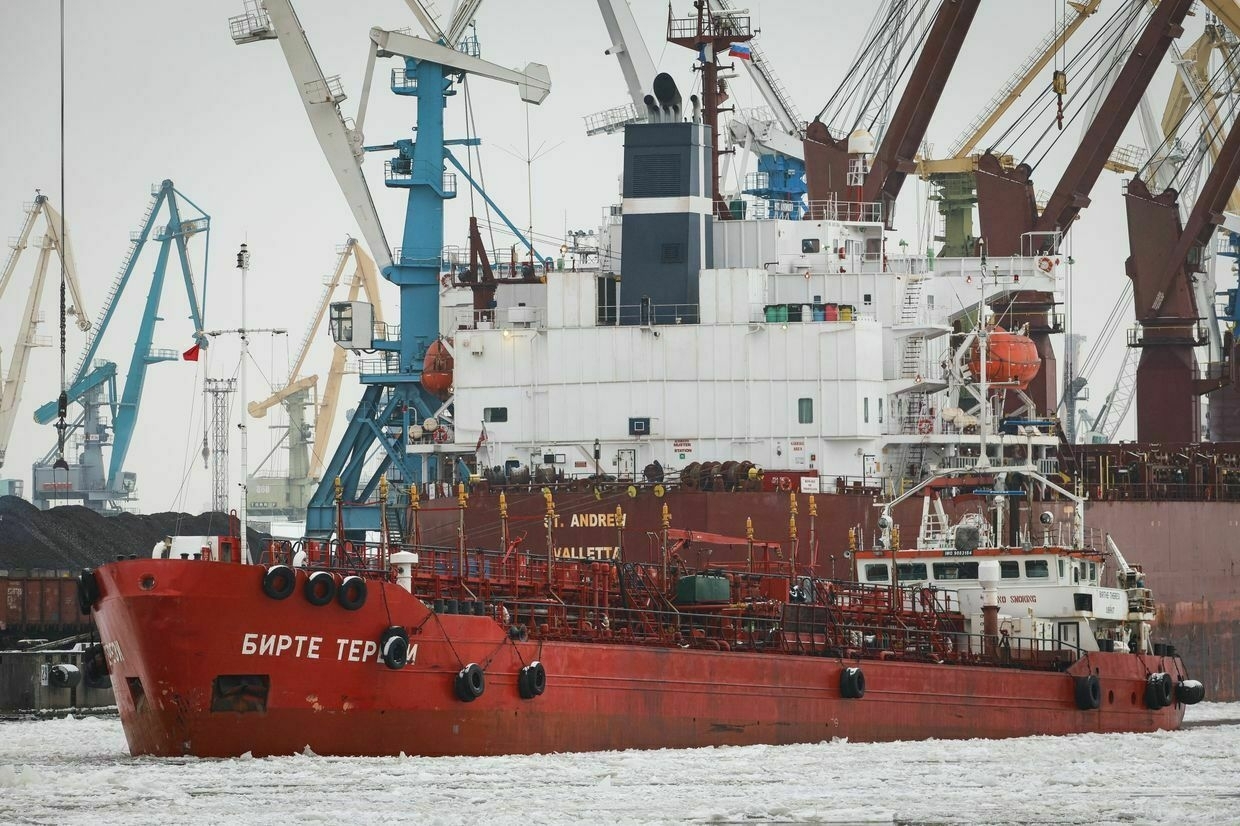
If Brent prices continue to rise, it will likely drag up Ural prices too, potentially funneling more money into Moscow’s coffers, said Fyfe.
Ural crude, which is of a similar quality to the potentially at-risk Middle East crude, is an attractive replacement over Brent Crude.
“It’s also possible that the threat posed (however hypothetically) to Middle East oil supplies forces G7 nations to pause their current attempts to lower the price cap for Russian crude exports from $60 to $45,” said Fyfe.
“Shelving that proposal would also be welcomed by the regime in Moscow."
This is not the first time oil prices have risen due to tensions in the region. Iran’s missile attacks on Israel on Oct. 1 caused oil prices to spike by nearly $10 a barrel as forecasters braced for Israel’s retaliation. Experts predicted that a wider conflict in the region would be a gold rush for Moscow.
“It is an open question if Russia is capable of a greater military effort than the one it is already making against Ukraine.”
The situation now is closer to the edge than in October. Back then, Israel said it wouldn’t target Iran’s nuclear and oil facilities. But this time, Israel said it hit the “heart” of Iran’s nuclear program.
According to Fyfe, the main concern that would affect oil prices even more significantly would be Iran blocking the Strait of Hormuz, which could block one-fifth of global oil demand.
This would also mean Iran blocks its own oil exports too, so it would only be a last resort from Tehran, said Fyfe. Even so, just the fear of this hypothetical has been enough to drive up energy prices.
Diplomatic shifts
An Israeli-Iranian war is likely to shift attention from Ukraine to the Middle East — similarly to the Gaza war, which started after Hamas militants attacked Israel in October 2023.
"I suspect the main impact on Russia and Ukraine will be the removal of the international media's spotlight and its refocusing on the Middle East, and the same with the attention of the Trump administration," Jenny Mathers, a lecturer in international politics at the U.K.'s Aberystwyth University, told the Kyiv Independent.
"Any pressure on Russia for a ceasefire or a peace agreement will drop away."
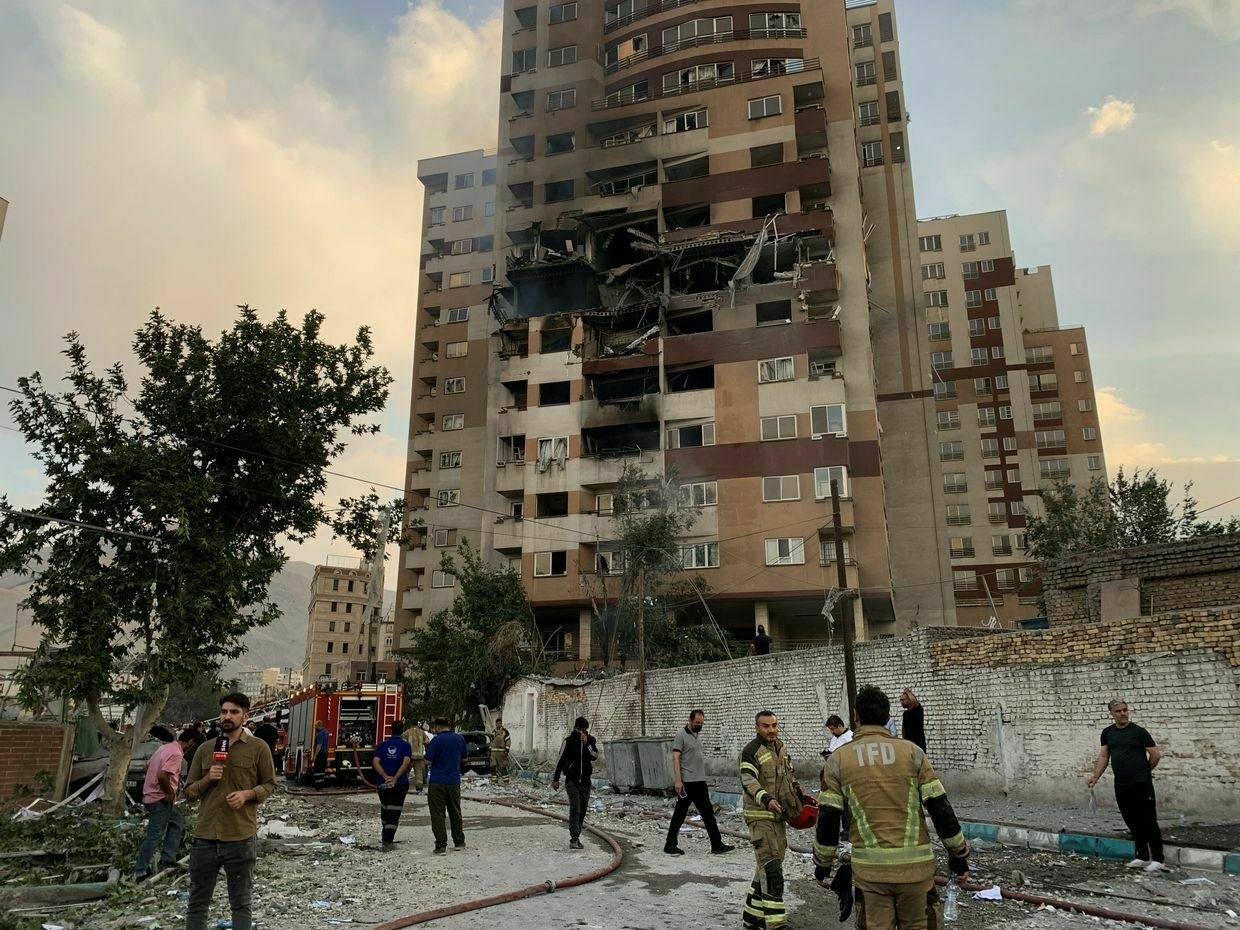
Russia may see this as an opportunity to redouble its offensive, according to James Shea, a defense and security expert at Chatham House.
"But it is an open question if Russia is capable of a greater military effort than the one it is already making against Ukraine," he said.
Support for Iran
Russia has historically supported Iran and its regional allies, such as Lebanon's Hezbollah Islamist group and Syrian ex-President Bashar al-Assad's regime, which was toppled in 2024. In exchange, Iran has supplied its Shahed kamikaze drones to Russia.
Russia's Foreign Ministry condemned the Israeli attacks on June 13, saying that they "threatened stability and security" in the Middle East.
The Kremlin will likely back Iran in its war with Israel politically and diplomatically and through intelligence sharing, according to Danylov.
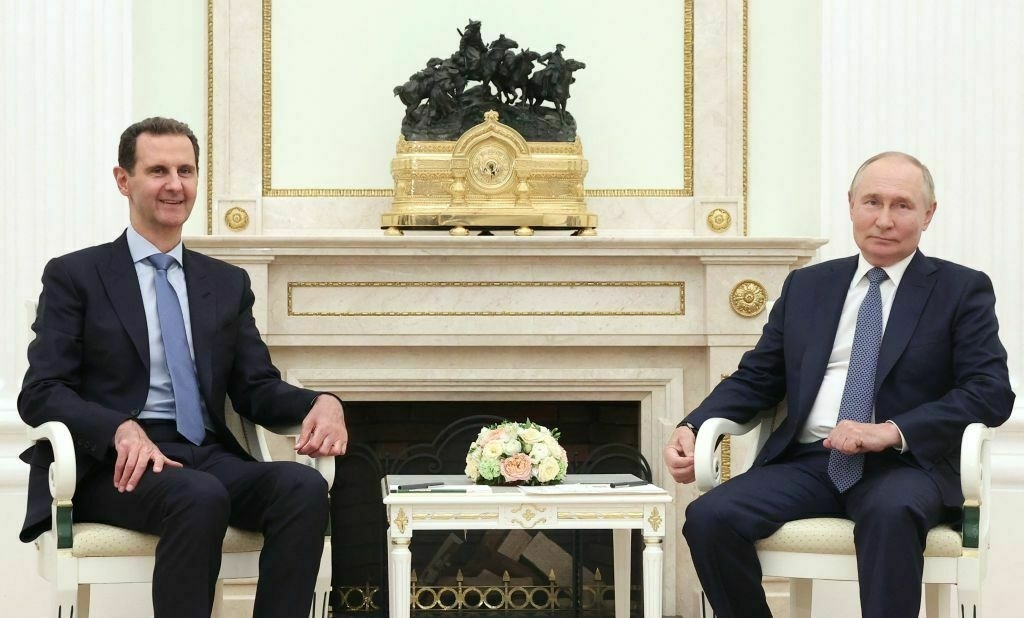
But Russia has previously opposed Iran's nuclear program, and it might also be afraid of backing Tehran because it would lead to a confrontation with the U.S., Michael Sahlin, a Middle East specialist at the Stockholm International Peace Research Institute, told the Kyiv Independent.
The Kremlin might also try to present itself as a mediator between Israel and Iran, analysts say.
"Putin is well placed to play the magnanimous peacemaker role alongside Trump and try to arrange a ceasefire and de-escalation," Shea said.
"He will use this to score points with Trump as a reliable partner and use this to persuade Trump to go easy on him in Ukraine and not to impose new sanctions on Moscow."
Trump's peace efforts
The escalation of the war also highlights the failure of Trump's efforts to negotiate peace deals in both the Middle East and Ukraine.
Trump's team has been unsuccessfully trying to broker peace between Israel and Hamas, an Iranian ally in the Gaza Strip, as well as an agreement on ending Tehran's nuclear arms program.
Despite Trump's promise "to stop all wars," those in both Ukraine and the Middle East are now escalating.
 The Kyiv IndependentChris York
The Kyiv IndependentChris York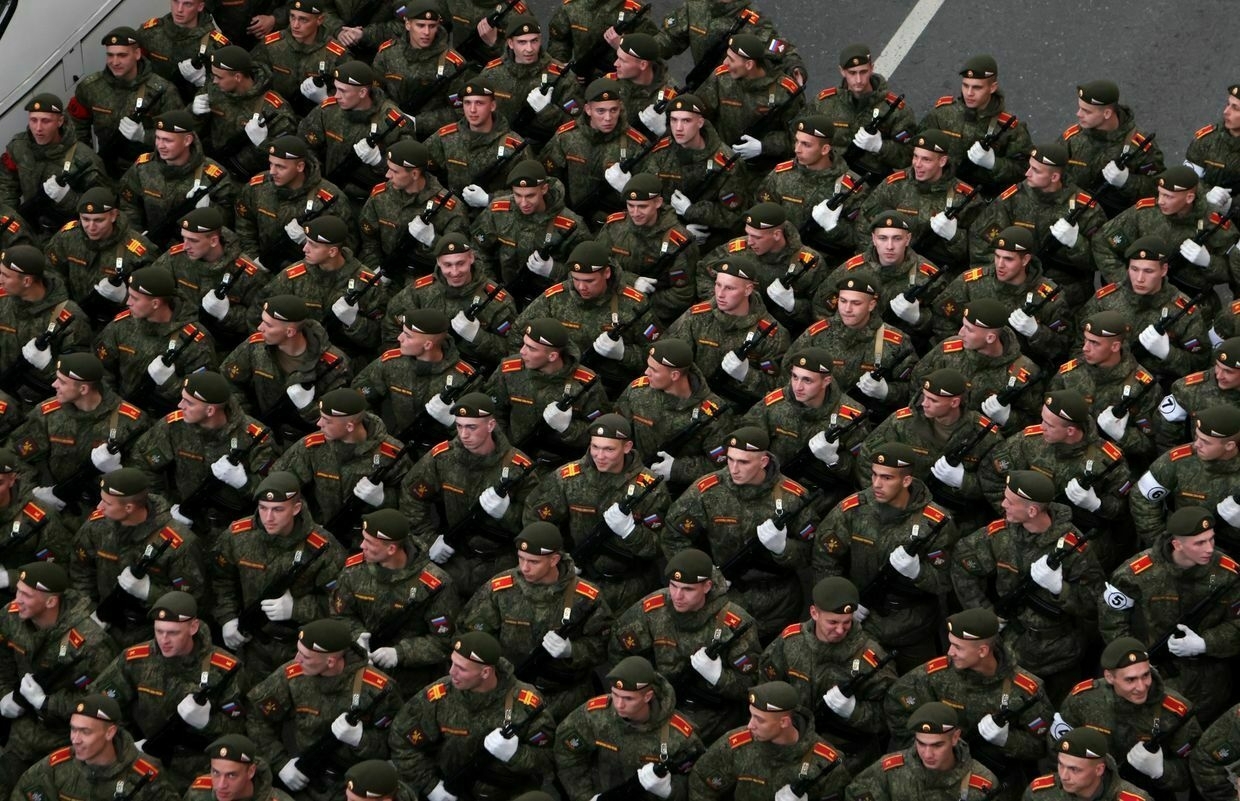
The military implications
Iran has been one of Russia's key allies during the course of the full-scale invasion, second only to that of North Korea.
Russia's default weapon for its near-nightly barrages of Ukrainian cities are variations of the Iranian-designed Shahed drone, imported versions of which first appeared in Ukraine's skies in October 2022.
Since then, attacks have only escalated and recent mass strikes have seen nearly 500 Shahed-type drones launched per night.
Shea told the Kyiv Independent that events in Iran are unlikely to have an effect on Russia's ability to launch mass drone strikes.
"Russia has set up factories on its own territory to produce Iranian Shahed drones under license," he said.
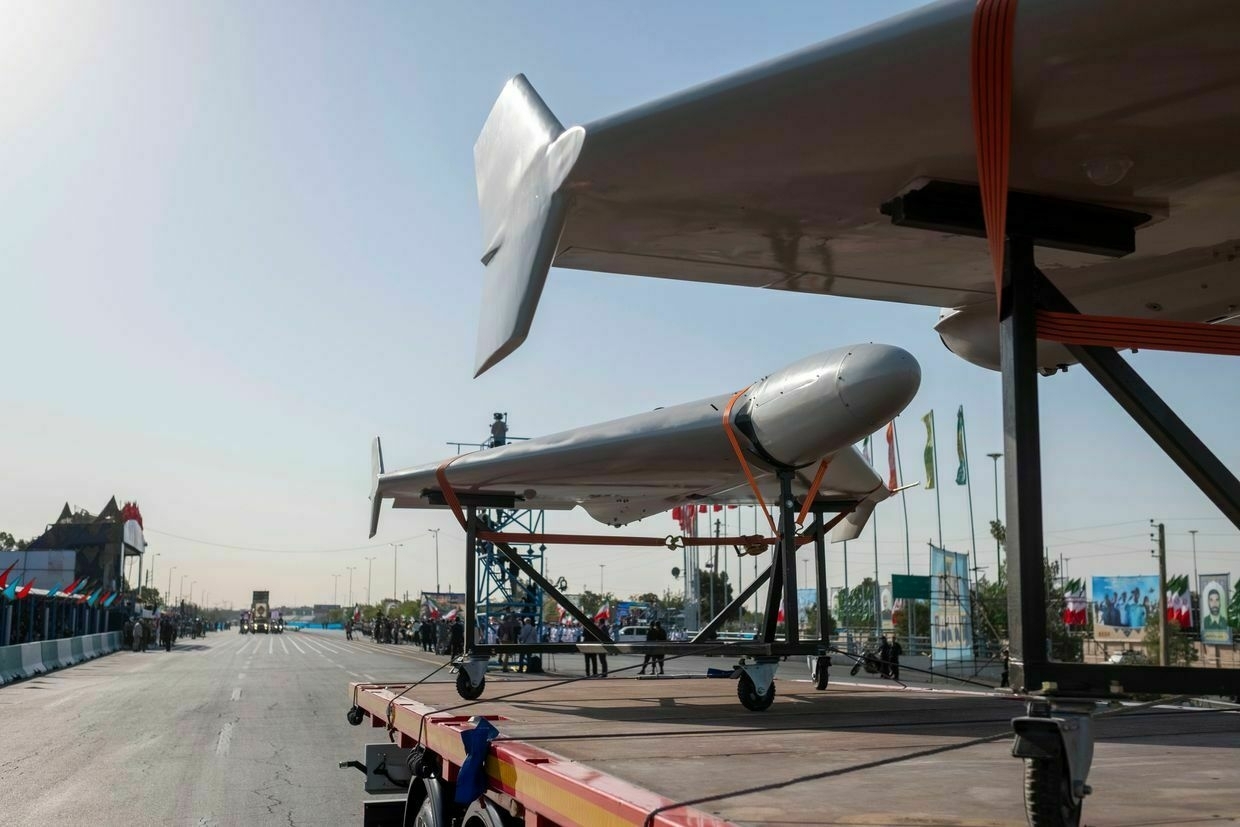
"It also gets drones from China which it converts to military use and has rapidly developed its domestic drone manufacturing since its full-scale invasion of Ukraine."
Samuel Bendett, a senior fellow at the Center for a New American Security, said most if not all Shahed-type drones used by Russia are now domestically produced, "so the Israeli attack on Iran is not going to disrupt whatever flows used to exist."
But Shea does point out that Russia may have difficulty obtaining newer versions of the Shahed that it doesn't yet mass produce domestically, such as the Shahed 238 (Geran 3) which is a turbojet powered model that can fly much faster than previous versions.
A more unknown quantity are the Iranian ballistic missiles reportedly delivered to Russia late last year.
Despite multiple Western governments confirming deliveries, and the U.S., U.K., France, and Germany placing further sanctions on Iran as a result, to date there have been no reports of their use against Ukraine, Danylov said.
But while Russia's offensive capabilities may remain largely unchanged by Israel's attack on Iran, Ukraine's defensive capabilities — much of which has been supplied by the U.S. — could suffer as a result.
"The U.S. may need to provide greater assistance to Israel in the aftermath for one reason or another, which could ultimately hurt Ukraine," Fabian Hoffmann, a defense expert and doctoral research fellow at the University of Oslo, told the Kyiv Independent.
 The Kyiv IndependentKollen Post
The Kyiv IndependentKollen Post
